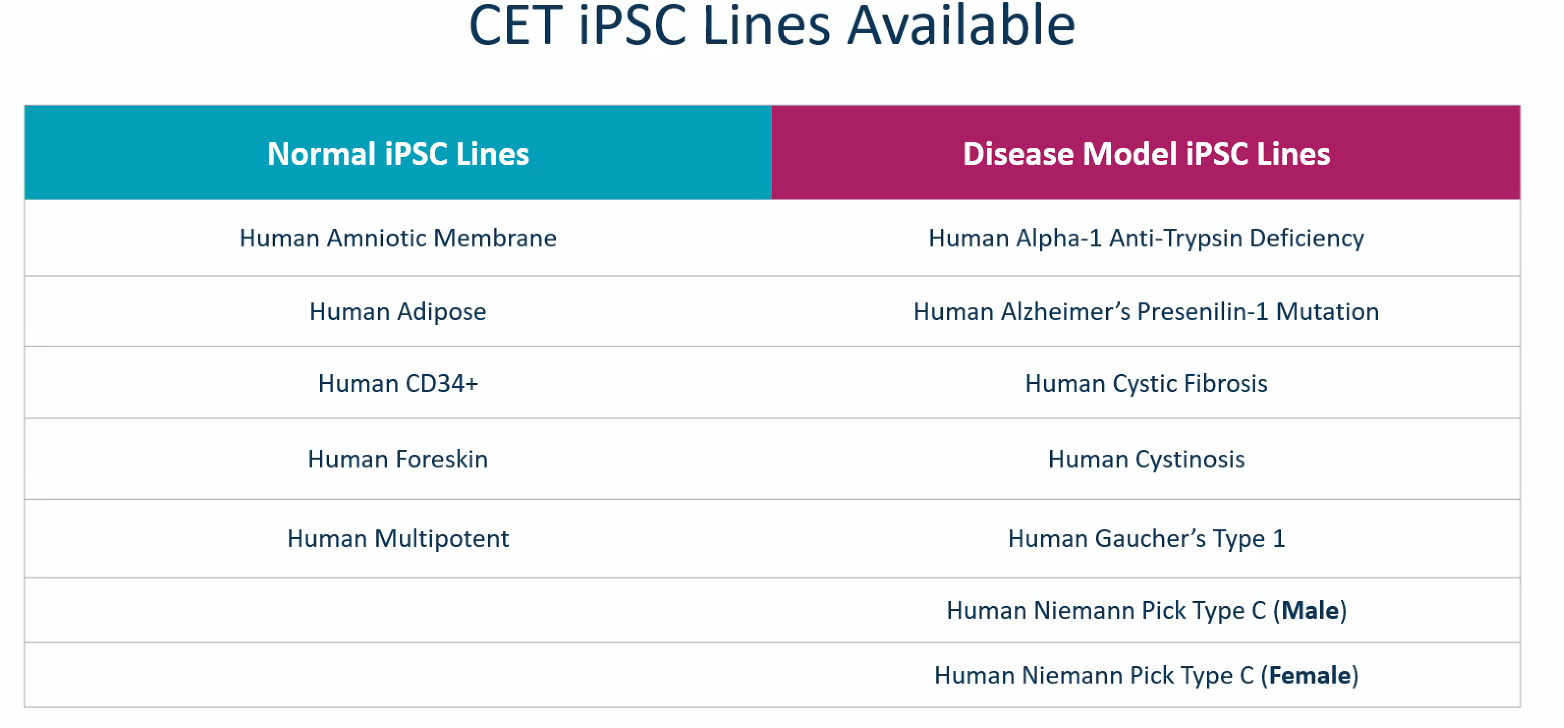Methyl Sequencing
Methyl-Seq, also termed bisulfite sequencing, is a powerful tool for understanding genome-wide methylation with single-nucleotide resolution. In order to identify and quantify methylation patterns, bisulfite treatment of DNA is employed to convert cytosine residues into uracil. These residues will read as thymine during sequencing. Methylated
(5-methylcytosine) residues are left unmodified by the treatment. A comparison of bisulfite-treated to untreated DNA enables the identification of methylated loci.

Several strategies have been developed to understand the methylation status of a genome, including whole genome bisulfite sequencing (WGBS); reduced representation bisulfite sequencing (RRBS), which enriches for CpG islands; and methylated-DNA immunoprecipitation sequencing (MeDIP-Seq), which utilizes antibodies against 5-methylcytosine to enrich for methylated DNA.
Bisulfite treatment results in a significant decrease in DNA input and quality; therefore the construction of high quality libraries and efficient downstream amplification is critical. Solix Biosystems offers library preparation kits that provide increased yields of adapter-ligated library molecules and reduced amplification bias, which translates to higher library diversity, lower duplication rates, and more uniform coverage. Solix Uracil+, a high-fidelity DNA polymerase engineered to be tolerant to uracil residues, is particularly well suited for the amplification of bisulfite-converted DNA libraries which typically produce low concentrations of AT-rich DNA.
